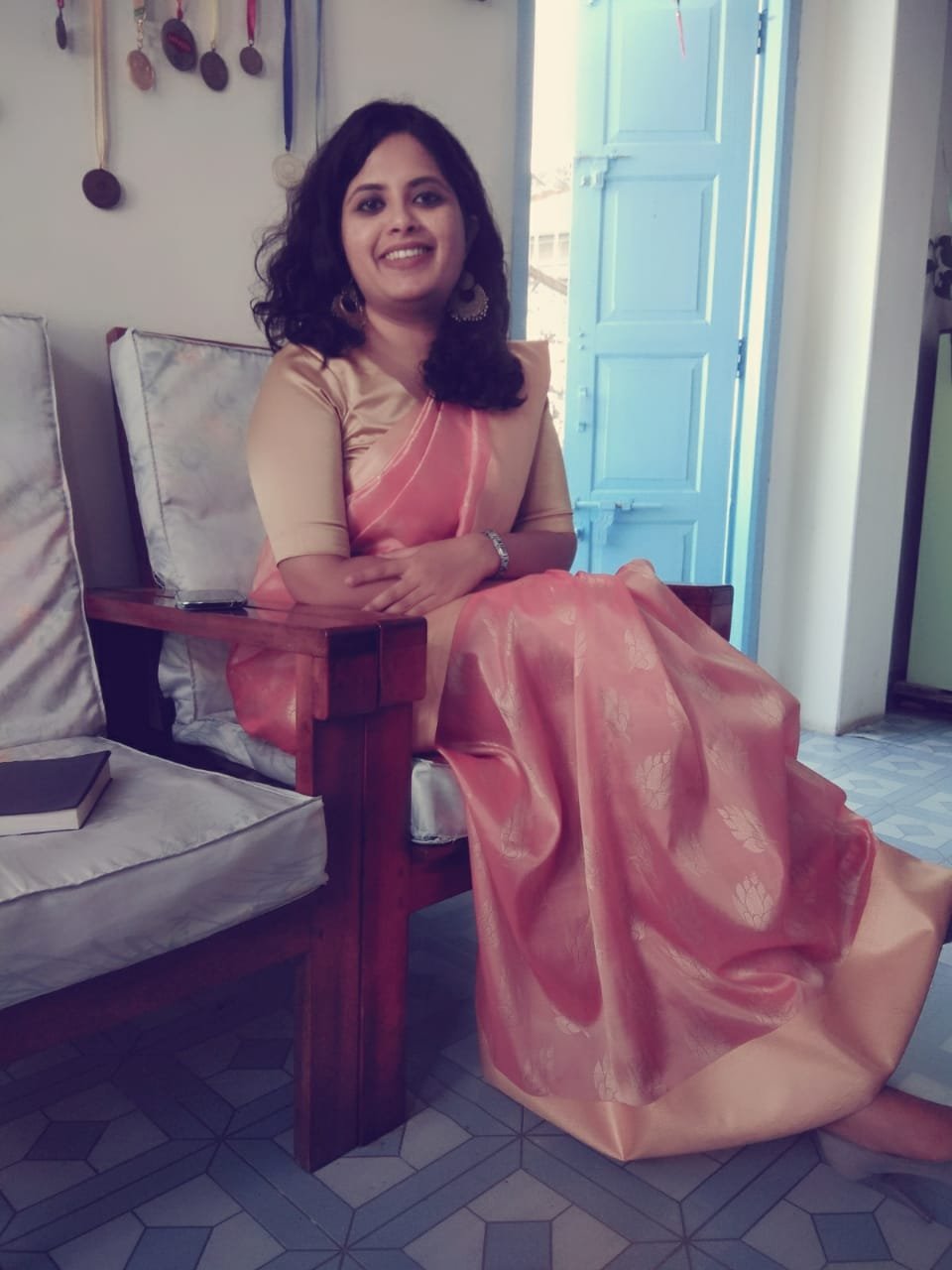The following poem by Jane Mary Joseph won the second prize of Fifty Thousand Rupees in Wingword Poetry Competition 2018
Jane writes about the dying tradition and cultures in her poem Burial. She uses the example of a Herbalist who has died and is being lowered into the ground. She says not only is his body being buried but it is a culture being buried. He was the last of the generation in his family to be a herbalist who cured a number of people and even diseases which were said to be irremediable by the English doctors. This herbalist did not have any formal education for the subject, he had learnt it through family legacy. It was an art for him and art comes naturally not with effort. This herbalist had a large number of clients who came from far away places to be treated by him. This person was old and his children were not interested in the art of herbs but were taken over by the white-collar jobs. Despite all the mockery, this man kept the practice alive. His clinic or his room where he worked has now become a storeroom filled with bottles of mixtures which now has a foul smell. His art died with him.
This poem is a reminder of the fact that a lot of cultural things and arts are dying because the newer generations are not interested in learning them. The art of this old man, his legacy of medicines have died because his children were into white collar jobs and not the tradition of his family. The art that was passed on from three generations is now dead. Similarly, we can see around how many of our cultures and traditions and legacies are dying.
The pallbearers lowered the casket into the ground …
With him they buried not just a Body, but a Culture itself.
He was the last of the generation in the family, a Herbalist
who had, in the prime of his life, restored to health many a person and cured them of ailments rendered irremediable by those the locals revered as
the English doctors.
He had not a formal education in the field, he deemed it pointless
as it was an Art, not a Science
and Art came naturally, not with effort.
It was what one would call a family legacy,
traced back to four generations ago.
His clientèle came from far and wide
to palliate their ailments with concoctions,
the ingredients of which were known to him alone.
Myth had it that if a Herbalist revealed the elements of his potions,
they ceased to be fruitful.
Grandpa’s highbrow children were never convinced to uphold the Art.
The dying, feeble call of Tradition was drained by the sound
of the prevailing, forceful voice of White-collar jobs.
The contempt and mockery of the young folks failed to deter him,
he unabatedly kept alive the practice till the onset of senility.
Countless childhood tales of his grandchildren took form
in the space that once preserved bottles of magical mixtures,
but is now a storeroom of all things redundant.
His Art met its Death with his dotage, only to be recalled
when a child opens a dusty bottle in the corner,
emanating a foul smell.
Jane Mary Joseph is the second prize winner of Wingword Poetry Competition 2018.
Being a Keralite who has lived in Mizoram all her life, she had always been intrigued by the culture of the land of her forefathers. It was this desire to delve deeper and understand her roots that saw her spending all her vacations listening to stories narrated by her grandfather. Winning a prize in this prestigious poetry contest has encouraged her to further address the pertinent question of the new trampling the old. And like nothing else ever has, it has given her the impetus to continue writing, and to explore contemporary society, which she believes, is the greatest treasure I will take back from the whole process.
